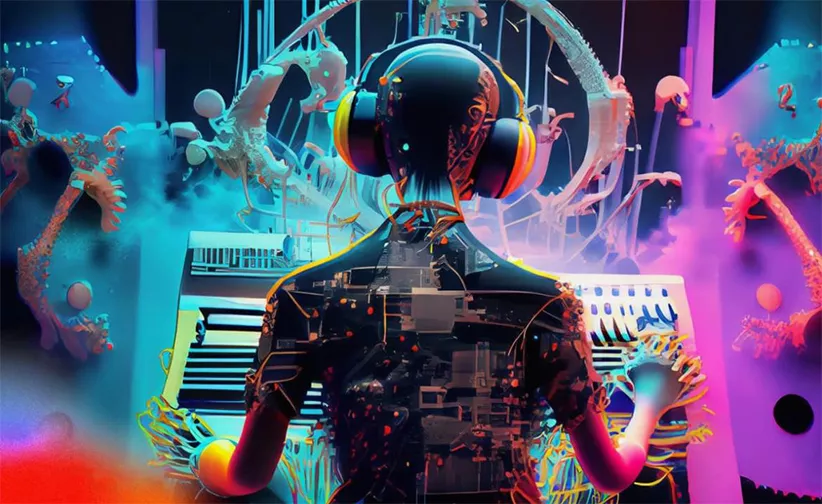In 2025, AI in music has moved beyond novelty into a complex force reshaping the creative process itself. From generative algorithms that compose symphonies to machine-learning tools that mimic human vocals, artificial intelligence is deeply embedded in how music is made, distributed, and even listened to.
For some artists, this is liberating. They use AI as a collaborator, feeding it old recordings, snippets of sound, or even emotional cues to inspire new directions. This opens doors for experimentation and allows solo musicians to simulate entire bands or orchestras without leaving their bedrooms.
But others see a cost: the erosion of unpredictability. When machines learn from patterns, they often reinforce them. There’s a growing debate about whether music created with the assistance of AI can truly innovate—or if it simply imitates the past with more polish. Some critics argue that this leads to a homogenized sound, a kind of “algorithmic comfort zone.”
Listeners are also beginning to question their relationship with the music they consume. Can a machine-generated song carry the same emotional weight as one written from human experience? And if an AI writes lyrics about heartbreak, who is actually heartbroken?
The answers aren’t simple. But one thing is clear: AI in music is not just a tool—it’s a new actor in the culture, shaping not just what we hear, but how we understand creativity itself.
